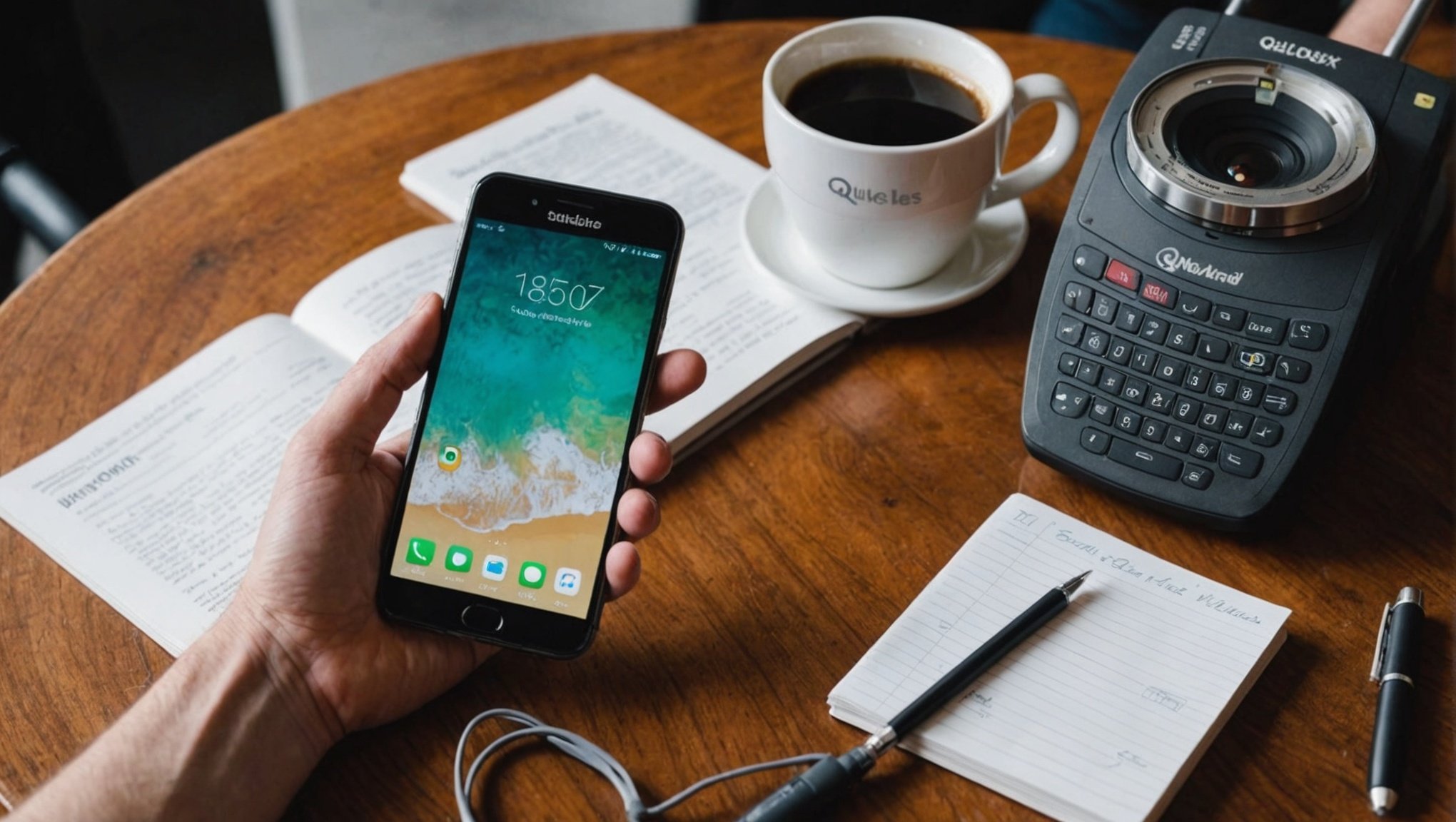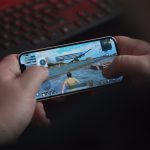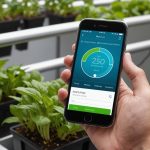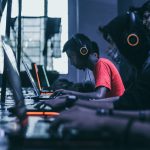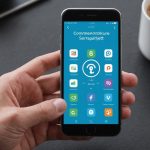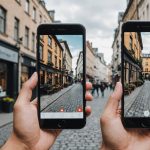Living in the era of the digital revolution, your smartphone has become an indispensable tool. It’s your personal assistant, your map, your connection to the world, your entertainment system, and in some cases, a necessary lifeline to your work and personal life. For digital nomads, it’s even more crucial.
In this article, we will explore the best practices for using your smartphone as a digital nomad. We will dive into how to effectively leverage applications, maintain your smartphone’s health, secure your data, manage your battery life, and optimize mobile data usage.
Also to read : Can You Use Your Smartphone to Control Smart Home Hydroponics Systems?
Effectively Leveraging Applications
As a digital nomad, there are scores of applications available at your fingertips that can be beneficial for both work and leisure. However, the key to effectively leveraging these applications lies in identifying those which are truly essential and discarding the rest.
Firstly, consider apps for communication. Maintain a connection with your team and clients through video call apps like Skype, Zoom, or Google Hangouts. Messaging apps like Slack are also invaluable for team collaboration.
This might interest you : What Are the Best Practices for Using Smartphones in Smart Healthcare Systems?
For task management, productivity apps such as Asana, Trello, or Todoist can help you stay organized and on top of your workload.
On the leisure front, consider travel-centric apps. Navigation apps like Google Maps and Waze are fundamental. For accommodation and travel booking, apps like Airbnb, Booking.com, or Skyscanner are incredibly useful. Finally, consider language translation apps like Duolingo or Google Translate, especially if you are traveling to non-English speaking countries.
Maintaining Your Smartphone’s Health
Your smartphone is your lifeline and maintaining its health is vital. Regularly clean your device both physically and digitally. Keep your screen clean from smudges and dirt, and regularly update your operating system and apps to ensure they’re running their best.
Back up your data regularly. Whether it’s photos, documents, or contacts, ensure you’re using cloud storage apps such as Google Drive or Dropbox. This will not only free up storage space on your device but also protect your data in case your phone is lost or damaged.
Finally, delete unnecessary files and apps. Your smartphone’s performance can be negatively impacted by clutter, slowing down your device and draining your battery life.
Securing Your Data
As a digital nomad, your data is one of your most valuable assets. Protect it by following these steps.
First, use strong, unique passwords for all your accounts. Consider using a password manager like LastPass to manage and generate passwords.
Second, use a VPN (Virtual Private Network) when connecting to public Wi-Fi networks to ensure your data is encrypted and secure from prying eyes.
Third, enable two-factor authentication on your important accounts. This adds an extra layer of security and helps protect your data even if your password is compromised.
Managing Your Battery Life
Your smartphone’s battery life is a precious resource, especially when you’re on the move and don’t have immediate access to a power outlet. Here are some tips to extend your battery life:
- Reduce screen brightness or enable auto-brightness.
- Turn off push email and manually check your inbox instead.
- Disable unnecessary notifications.
- Enable power-saving mode when your battery is low.
- Close unnecessary apps running in the background.
Optimizing Mobile Data Usage
The ability to manage and optimize your mobile data usage is crucial, especially when traveling internationally. Consider these tips:
- Download necessary maps, music, and videos for offline use.
- Use Wi-Fi whenever possible and limit data usage when on cellular networks.
- Disable auto-updates for apps and choose to update them manually over Wi-Fi.
- Use data compression on your browser and email apps.
- Monitor your data usage regularly to ensure you’re not exceeding your limit.
Being a digital nomad in the 21st century is both exciting and challenging. By utilizing your smartphone effectively, maintaining its health, securing your data, managing your battery life, and optimizing your data usage, you can navigate the digital nomad lifestyle with ease and efficiency.
The Importance of Connectivity for Remote Work
One of the main challenges faced by digital nomads is staying connected. Without a reliable internet connection, working remotely becomes a daunting task. Thankfully, smartphones have become a hub for connectivity, allowing you to stay connected wherever you are in the world.
One way to ensure a stable internet connection is by using local SIM cards. These can provide you with affordable and high-speed internet. But remember, each country has different SIM card providers and plans, so research before you travel.
Having a back-up plan is also important. Look into global data plans or portable Wi-Fi devices that offer coverage in multiple countries. They can be more expensive, but worth it for the peace of mind they provide.
Another useful tip is to take advantage of public Wi-Fi whenever it’s available. However, always ensure you’re connected to a secure network and using a VPN to protect your data.
For those times when you might not have access to Wi-Fi or mobile data, plan ahead. Download essential documents, emails, or other work materials so that you can continue your work offline.
The Benefits of a Nomad Visa
In recent years, many countries have introduced nomad visas. These visas allow remote workers to legally live and work in the country for a certain period. They have become a game-changer for digital nomads, offering more flexibility and stability.
The benefits of a nomad visa extend beyond just the legal right to work in a foreign country. They also often provide access to local services such as healthcare and banking, making living abroad less complicated.
However, the requirements for these visas can vary greatly from one country to another. Some countries require proof of employment, while others require a minimum income. It’s essential to research the specific requirements for any country you’re considering.
Being a digital nomad means embracing a lifestyle of freedom and flexibility. However, it also involves its own set of challenges. Leveraging your smartphone effectively can significantly ease the process of remote working.
Remember, the key to succeeding as a digital nomad lies in your ability to adapt and find solutions to the challenges that come your way. Stay connected, secure your data, manage your devices effectively, and take advantage of opportunities such as nomad visas.
In the age of the digital revolution, your phone is more than just a device—it’s your companion, your office, and your connection to the world. Use it wisely, protect it, and it will serve you well in your nomad lifestyle.

